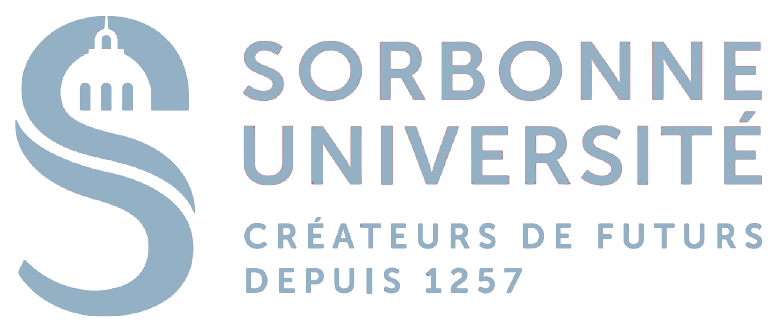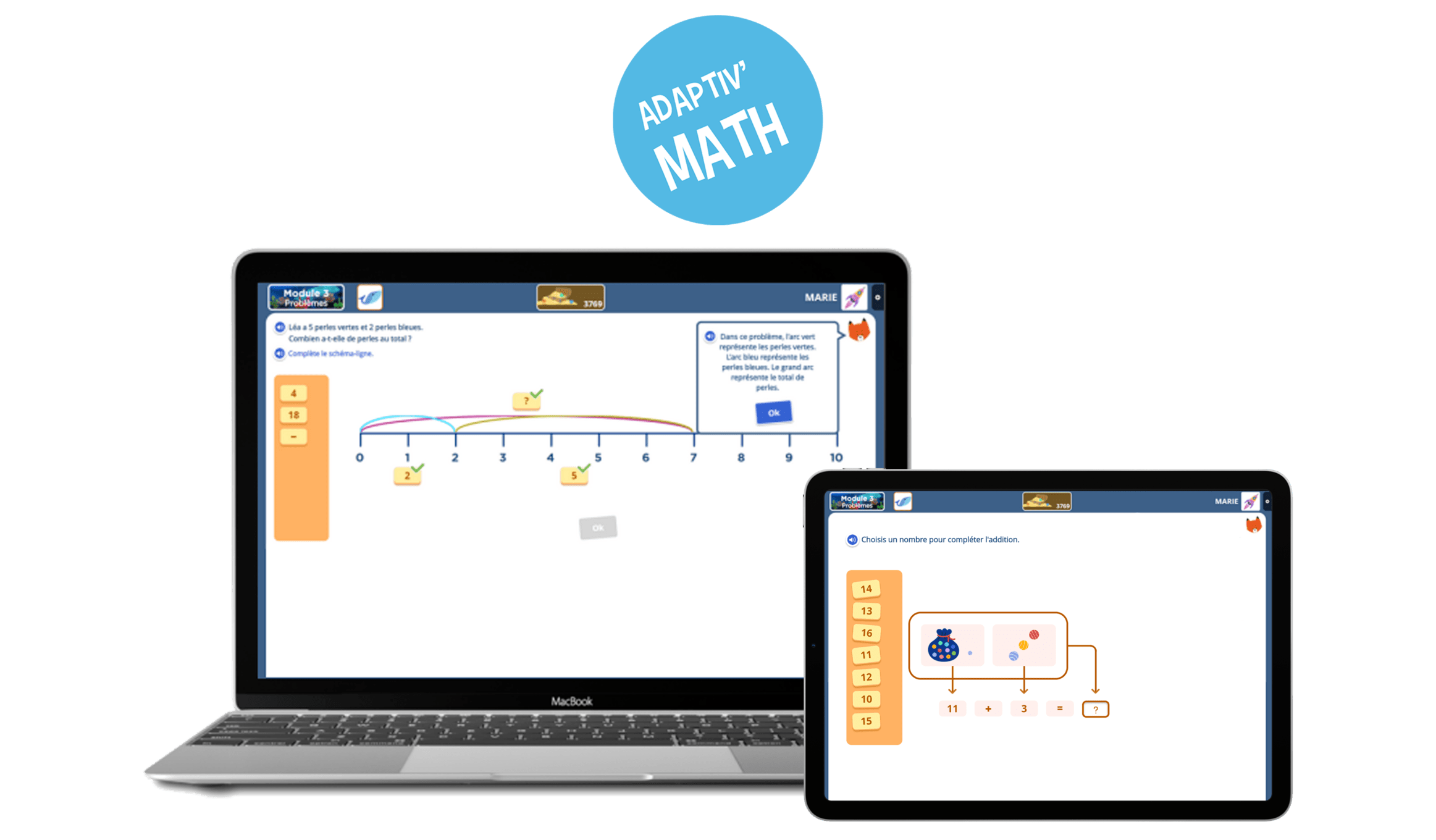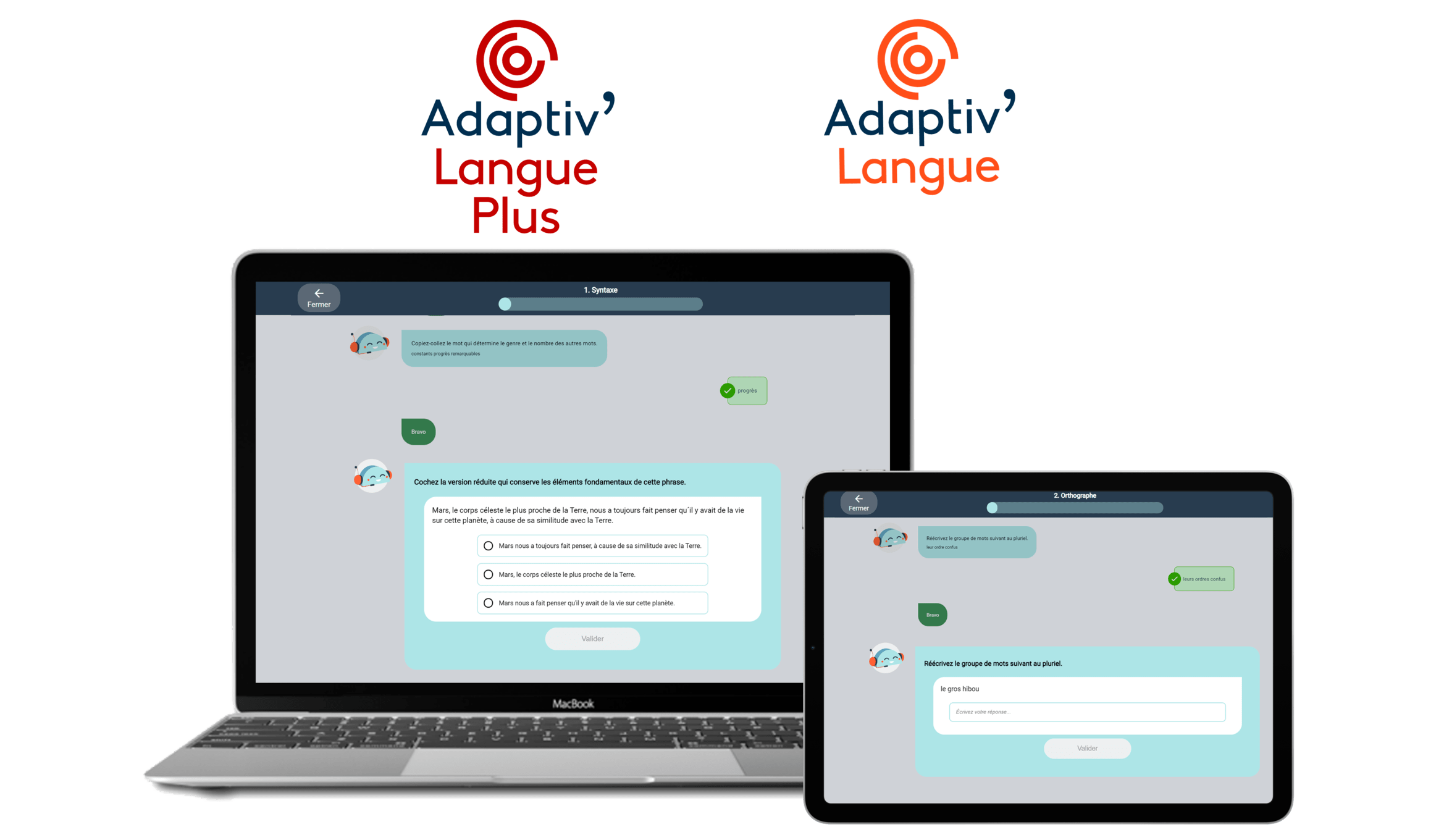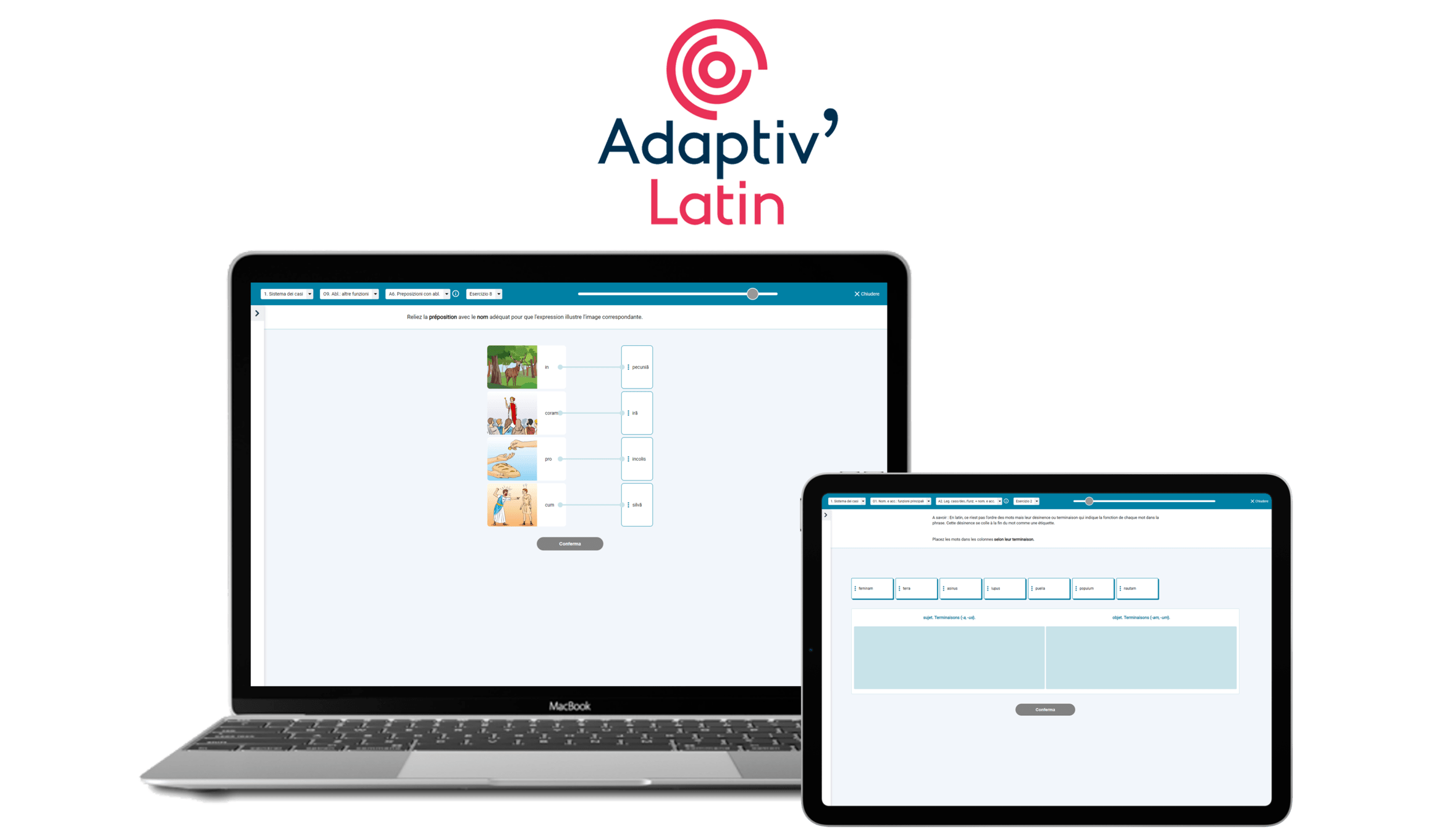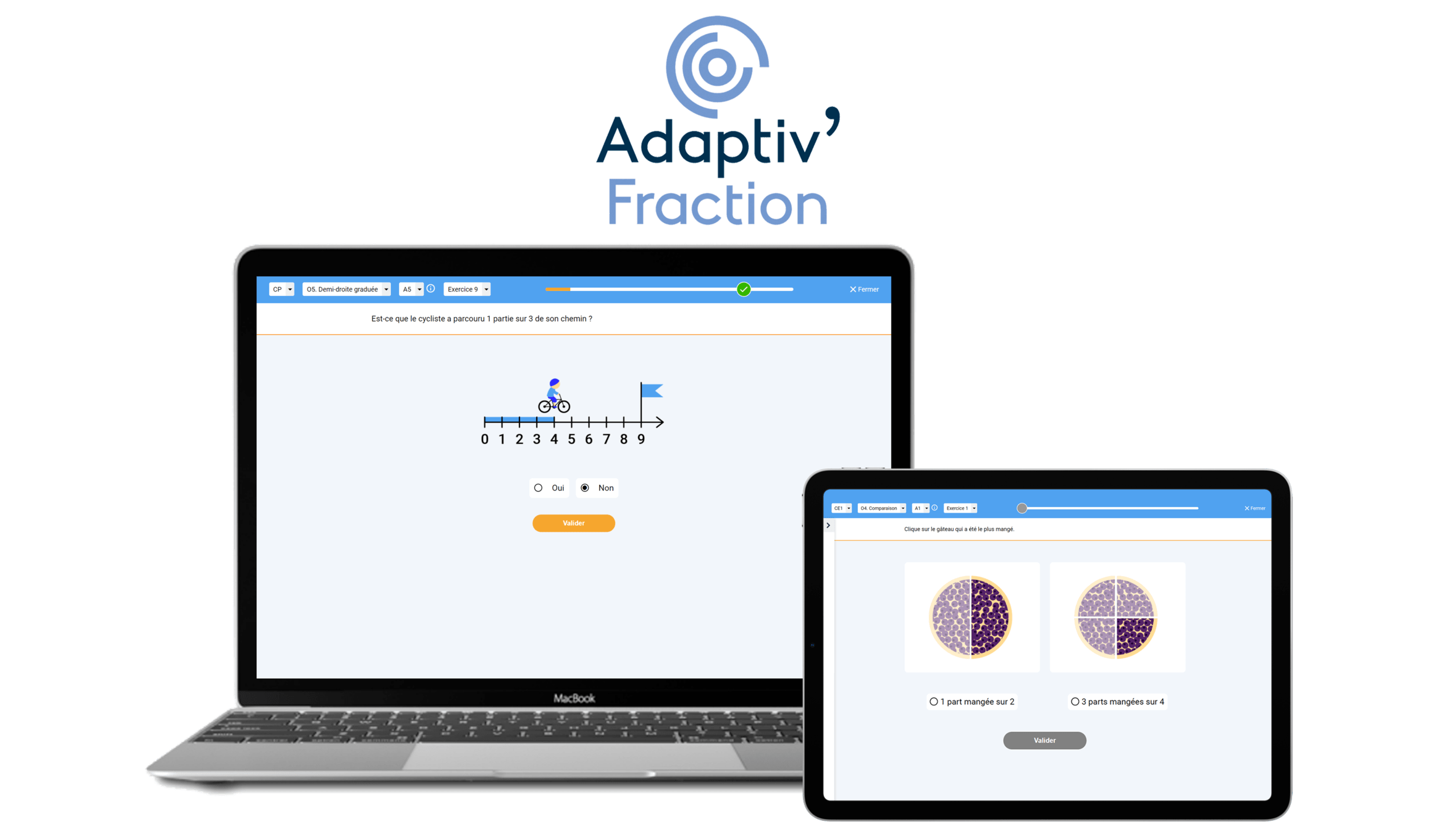Allow every student in the world
to nurture their desire to learn.
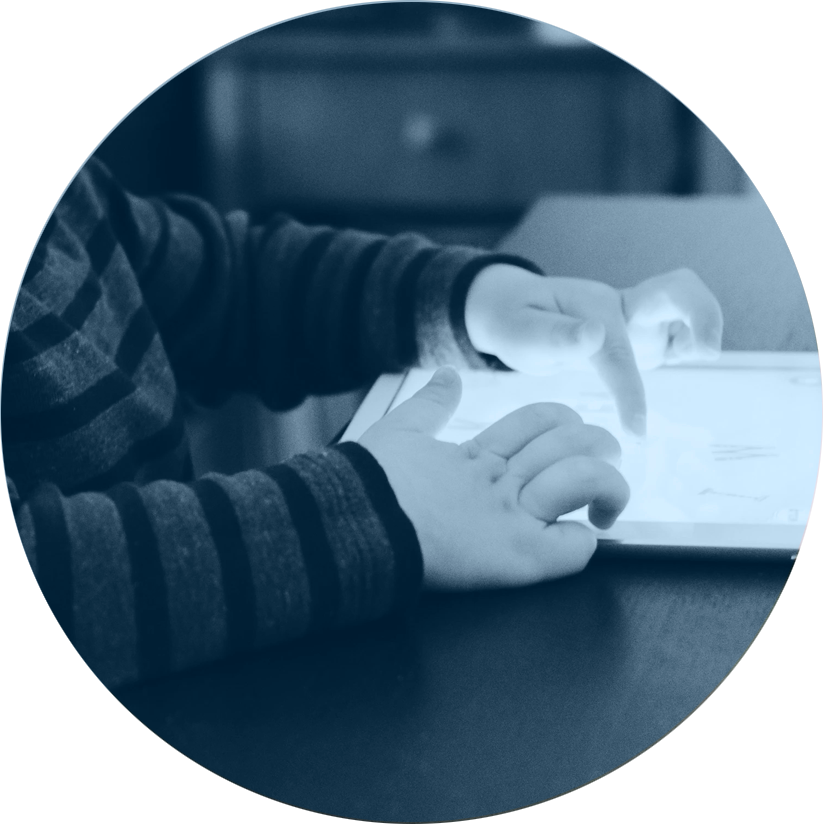

EvidenceB’s history
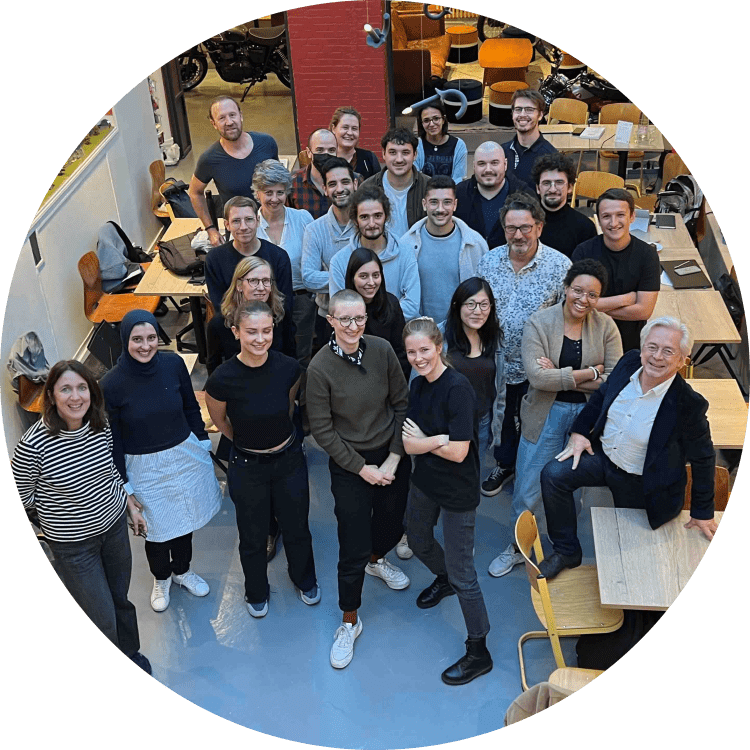

Evidence B is an EdTech company that was co-created in 2017 by Thierry de Vulpillières, former director of educative partnerships at Microsoft, Catherine de Vulpillières, ENS, former teacher of Literature in secondary and prep school, and Didier Plasse, multi-entrepeneur.
They were soon joined by Philippe Mero, a former associate at the international consulting firm for digital education, who invested in EvidenceB in 2020, and three other experts : Jill Cairns, former marketing manager at Hachette Education in France and international markets and Eric Groise, serial CTO.
Today, EvidenceB is a team of thirty. We are proud to count data scientists, developers, project leads and sales-marketing professionals who have joined the company to pursue the creation of new adaptive learning modules for the benefit of education.
EvidenceB was born based on two observations about the current major educational challenges:
- School success and students’ future integration into society are indissociable and this has become a major issue for the future of education.
- Recent discoveries in cognitive science and artificial intelligence have opened immense potential for the acquisition of core knowledge and skills by every individual student.
The co-founders seized these historic opportunities to devise a unique and revolutionary solution for personal learning that allows every student to nurture and maintain their desire to learn.
Really, this is all about helping teachers help students. Teachers can provide more effective support to students, regardless of their level, by using new tools that facilitate decision-making.

EvidenceB's
three pillars

Cognitive Sciences
Cognitive Science includes the latest discoveries from research laboratories in neuroscience and cognitive science about how a child’s brain integrates new knowledge. Considering that every child in the world has a brain that functions according to the same universal principles, it is thus possible to create educational modules tailored for the needs of each child, regardless of their culture and country of origin, at each stage of their learning curve.
EvidenceB’s modules integrate new discipline-related cognitive research about learning to their approach, in order to stimulate learning of core knowledge and key concepts. Cognitive research is at the root of our module design : architectural design, educational content, types of activities and how feedback works.
Artificial Intelligence
Artificial intelligence is related to the design of intelligent autonomous agents that interact rationally with their environment to achieve a desired result. In an education context, this result is often to adapt learning resources to individual student needs – what is often referred to as adaptive learning.
EvidenceB applications include two artificial intelligence algorithms. The first belongs to the multi-armed bandit family and serves to continuously optimise learning paths by presenting each student with level-appropriate excercises. The second algorithm, called clustering, creates groups of students with similar learning characteristics. Teachers can use these groups in order to differentiate the learning process with each group.
Students progress effectively, at their own rate, through personalised dynamic learning paths to reach their full potential.
Teachers can rely on useful information presented in the dashboards for a concise overview of the class, individual student progress in order to make timely decisions about pedagogy and the teaching-learning process.
The role of teachers therefore remains central throughout the schooling process and enables students to transform "education for all" into "education for everyone".


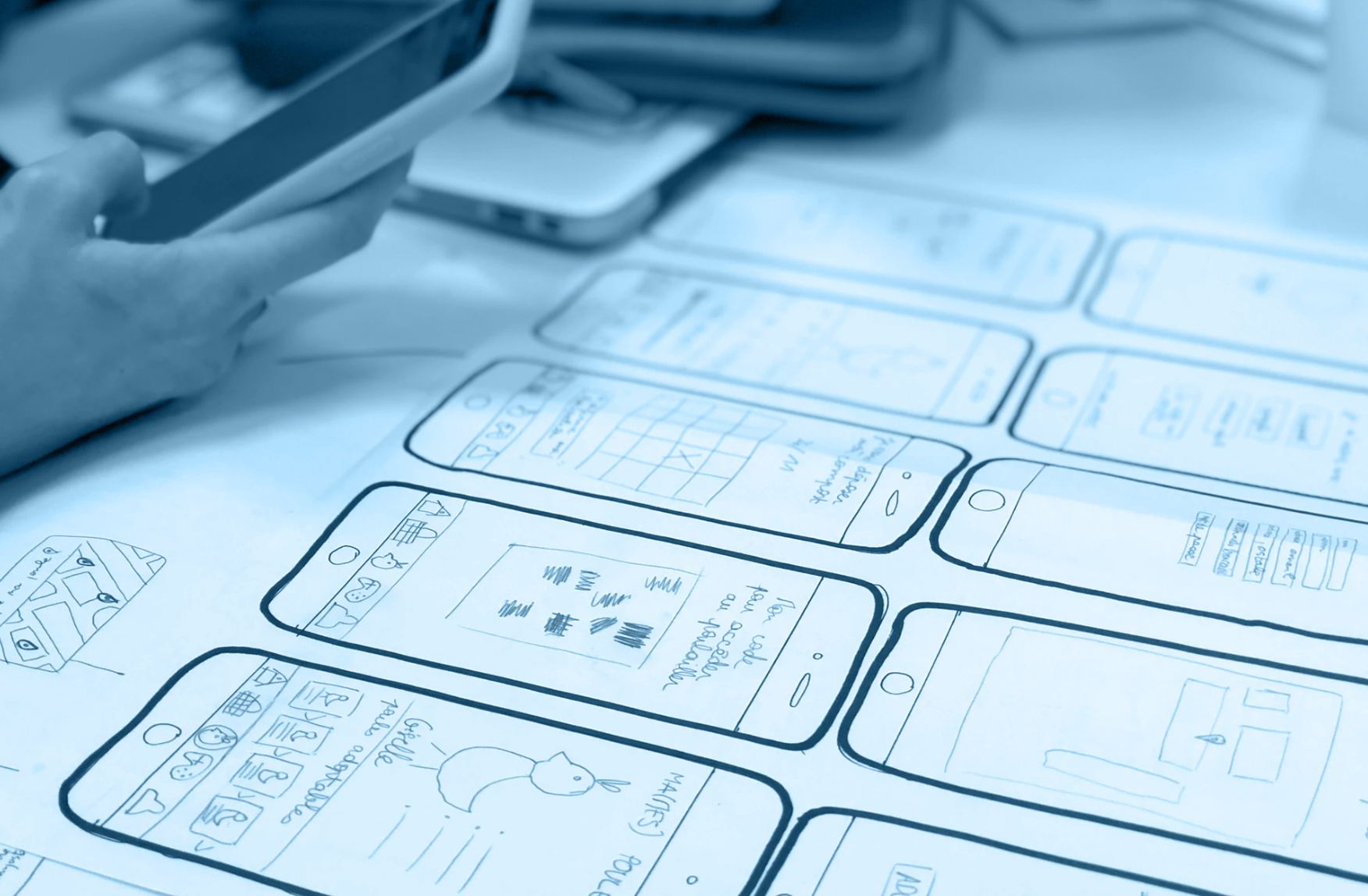

UX Interface
User experience (UX) relates to the quality of the user’s experience in both digital or physical environments. The concept of user experience has evolved to include a transdisciplinary element in the way we think about the way users relate to technical systems, in addition to their ergonomic quality. In the education field, the pedagogical use cases are the subject of scientific research.
Alongside cognitive scientists, UX professionals develop EvidenceB’s learning modules and gameplay with a view to motivate students. Through familiar and captivating design, these interfaces spark and engage curiosity and involvement, without cognitive overload.
This evidence-based approach is at the root of teaching-learning experience, documented by scientific researchers and field experiments, with the participation of both students and teachers.
Research
EvidenceB was born from the realization that recent discoveries in these 3 areas of research would support teachers’ pedagogical choices, and facilitate the implementation of a differentiated teaching-learning strategy.
Through strong investment in R & D and advanced fundamental research, the EdTech has developed a disruptive and unprecedented educational technology. The main asset of this technology is that it draws on « Evidence-based education » , that is to say education based on solid evidence and scientific proof derived from measurable, verifiable and reproducible results.
These adaptive learning modules are based on an innovative alliance of research in cognitive science, artificial intelligence and UX learning interfaces to stimulate the acquisition of key core knowledge throughout the school years. It is really about about nurturing every student’s curiosity thanks to personalized digital learning paths in an attractive environment, optimized for learning.
More than 15,000 educational activities have been designed by researchers and teachers, covering several disciplines (literacy, numeracy and languages) from primary to high school, including preparatory schools and college.
In a co-creative process, EvidenceB partners regularly with the teaching community to experiment and test new resources, in France and worldwide.


Catalogue

EvidenceB's board

Thierry de Vulpillières
CEO et co-fondateur
15 years in educational publishing and 12 years at Microsoft (director of Educational Partnerships, International Program).

Catherine de Vulpillières
Chief Innovation Officer and Co-founder
NS, former literature teacher in CPGE khâgne, as well as member of the modern literature agregation jury. Co-founder of Lampsaque Publishing.

Didier Plasse
Chief Strategic Officer and Co-founder
Serial startuper, Cofounder & CEO Immostreet – SeLoger, Cofounder & GM Solarneo, OC&C Strategy Consultants, Management Positions in the US, UK, Spain and Argentina

Phillipe Mero
VP Business Development and Strategic Partnerships
20 years of experience in education and digital education consulting.

Jill Cairns
CMO – Marketing Director
15 years in international educational publishing at Hachette Livre France / International.
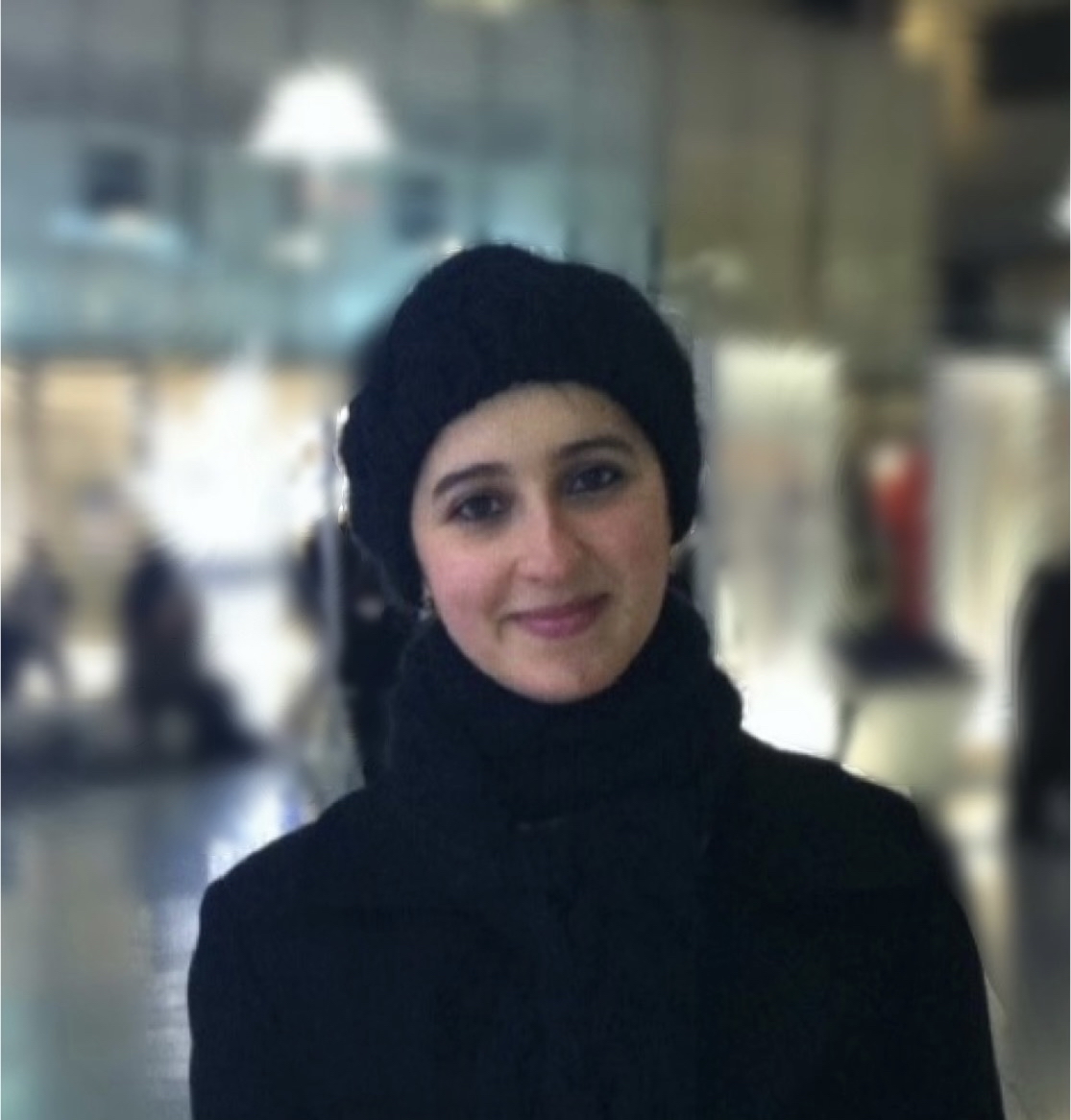
Fatima Harrak
Data Scientist
Phd in learning analytics and datamining for education, Lip6, Sorbonne University
In their words


« The brains of every child in the world are different, but operate according to certain universal principles. This is the first lesson of cognitive science. The second is that by bringing them to light, as we are beginning to do, we can create educational modules adapted to the needs of every individual at each stage of their development. »
Daniel Andler - Mathematician and philosopher of science.
Member of the Academy of Moral and Political Sciences.

Our research
partners



